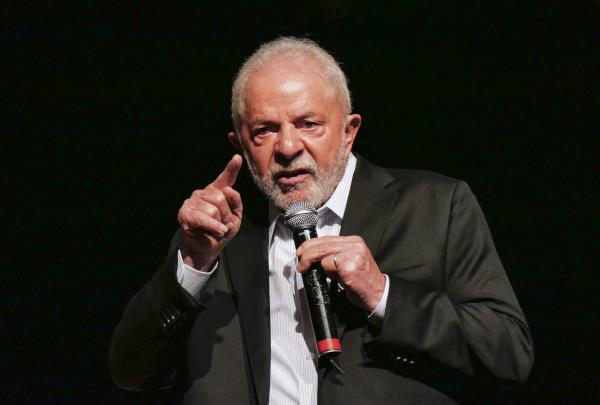The pandemic’s legacy won’t be found by obsessing over gloomy GDP forecasts
In more normal times we would be about to embark on our annual conference tour. This year is a bit different; we will be holding a series of virtual events instead. But, as usual, we will be taking the opportunity to step back from the day-to-day ebb and flow of markets and consider some of the larger forces that will shape the global economy over the coming years.
This time the theme will be the economic legacy of the pandemic. (You can register for the events here, and view all of our research here.)
Most analysis has tended to focus on the immediate shape of the post-virus recovery – will it be V-shaped, U-shaped, L-shaped or even K-shaped? But the more interesting questions relate to the longer-term consequences. I argued a few weeks ago that some of the pessimism around the effect on long-term growth may be overdone. Unlike the 2008 financial crisis, the 2020 Covid crisis may not result in a lower path of GDP ten years from now.
Yet this doesn’t mean that the virus will not leave an economic legacy — it just means that the legacy will reveal itself in ways that may not be immediately apparent in measures such as GDP. So where should we look?
The behaviour of consumers and businesses is a sensible starting point. One lesson from our analysis of previous pandemics is that, while they do not tend to trigger behavioural changes “out of the blue”, they do tend to accelerate changes that were under way. In a post-Covid world, we should expect more working from home, more online shopping and less business travel.
This in turn will have implications for the sectoral make-up of economies. While some sectors, particularly digital technology, are likely to grow, others are likely to shrink. The consequences of these shifts will be profound and will be felt across different asset markets, particularly in equities and property. Governments will need to decide how much of the transition to leave to market forces and how much to actively influence.
This brings us to another area of change: the size and role of the state. The virus has expanded the powers of government but also reshaped what voters expect in return. Public health, it seems, is the ultimate public good. The state may shrink back as the virus passes, but the odds are it won’t.
If so, this will raise challenging questions about how to fund governments. Taxes are likely to have to rise to fund permanently higher public spending, albeit only once we return to full employment. But the prevailing view among economists that, on top of this, an additional dose of austerity is required to bring down public debt levels may be wrong. For some countries, a combination of economic growth, low interest rates and the passage of time may be enough to erode debt burdens gradually. In addition, governments and central banks may not just become more tolerant of higher inflation, they may actively target it.
Finally, the fallout from the virus is likely to intensify the pushback against globalisation and multilateralism that had been building before the outbreak began. The absence of a co-ordinated policy response to the virus is already striking. But the pandemic is widening the rift between China and the rest of the world. It will come to be seen as the moment when decoupling became irreversible and globalisation began to retreat.
We’ll have more to say about this over the coming weeks. For now, a key point is that we shouldn’t become fixated on a narrow — and pessimistic — view about the post-crisis path of GDP. Instead, we should look for the wider legacy of the pandemic. Some aspects will be negative, but others will be positive. And none of that is easy to sum up in one letter.
In case you missed it
- Our UK team argues that, when the fog clears, more stimulus will be required.
- Our Senior China Economist, Julian Evans-Pritchard, warns that China's trade surplus is now close to an all-time high when measured as a share of global GDP.
- Our Chief Europe Economist, Andrew Kenningham, argues that the strength of the euro is increasing the chances of an interest rate cut by the ECB.



